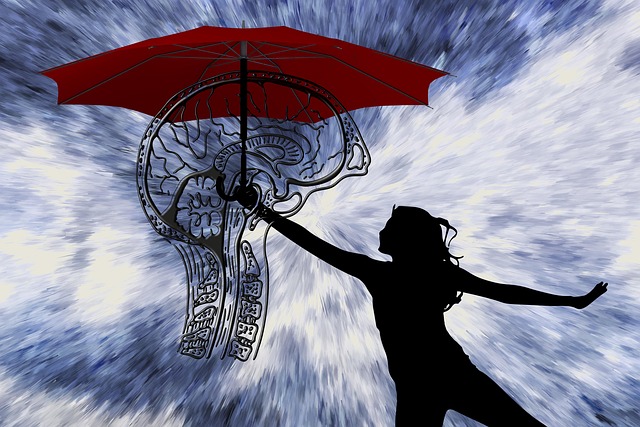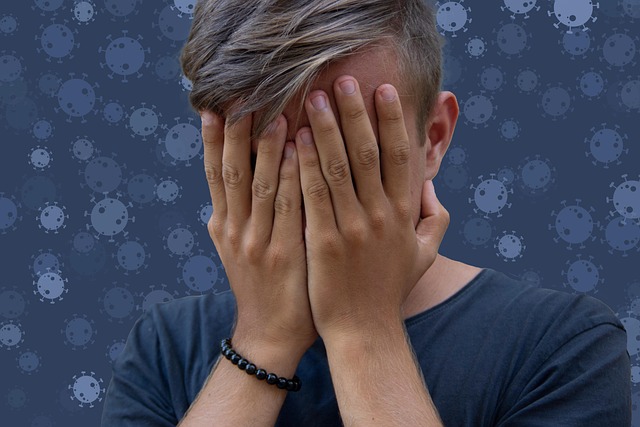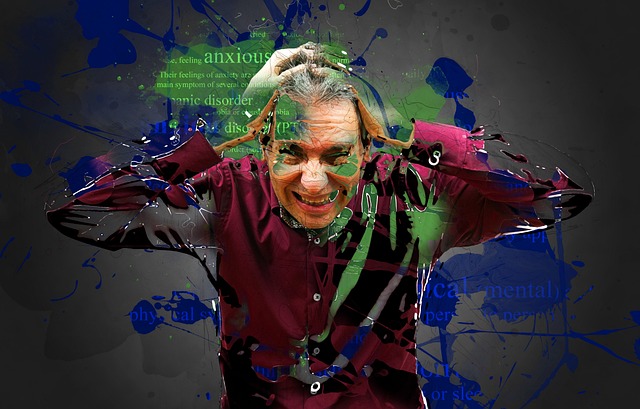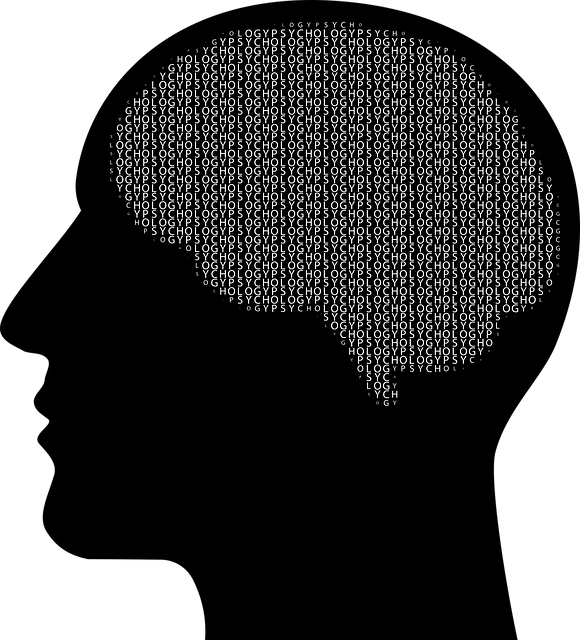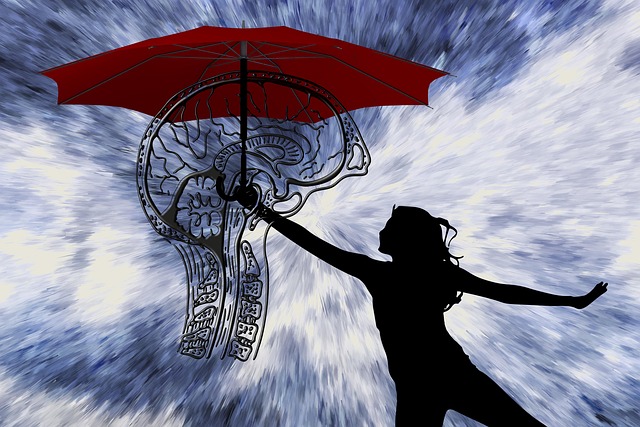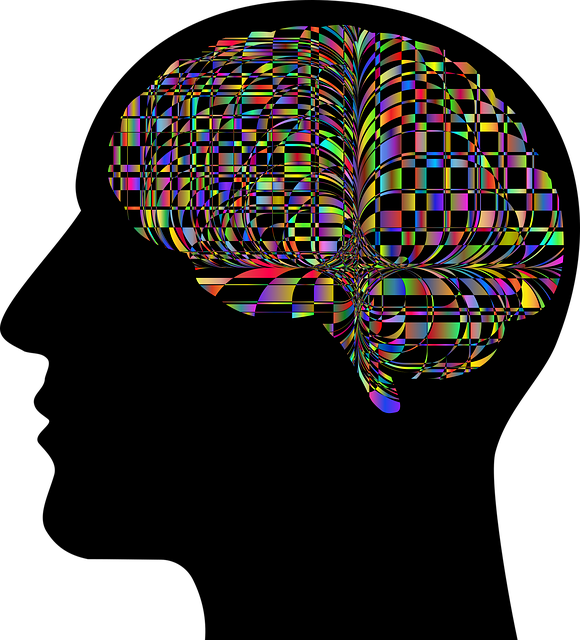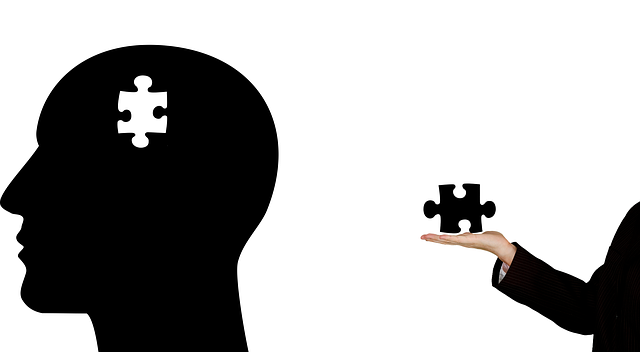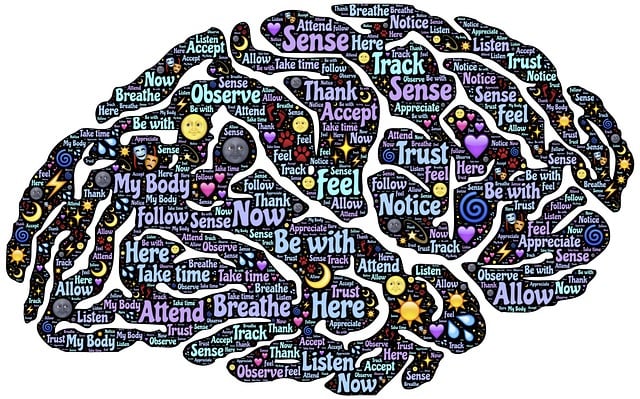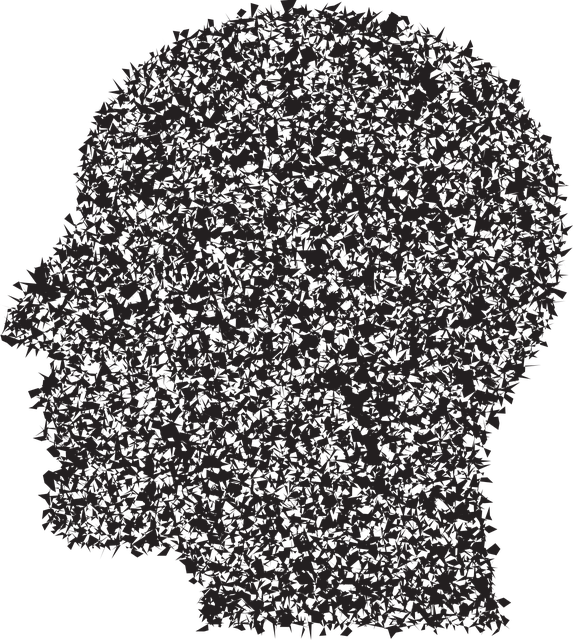Mental health education programs are transformative tools for adult male well-being, often overlooked due to societal pressures discouraging emotional expression. These programs create safe spaces for men to discuss struggles like depression and anxiety through targeted therapy, workshops, and peer support groups. By integrating positive thinking, stress reduction, and burnout prevention into curricula, they demystify mental health issues, reduce stigma, and encourage early intervention (specifically for Therapy for Adults Men's Issues). Effective programs balance theoretical knowledge with practical application in interactive settings, fostering open discussions on mental challenges. Incorporating therapeutic techniques like mindfulness and compassion cultivation empowers individuals to recognize and offer supportive care, addressing societal barriers that prevent men from seeking help. Evaluations measure impact and inform continuous improvement, ensuring these programs effectively equip adults with tools to manage their mental health, including Therapy for Adults Men's Issues.
Mental health education programs play a crucial role in addressing the unique challenges faced by adult men, who often struggle with specific issues due to societal expectations. This article delves into designing comprehensive therapy programs tailored to their needs. We explore key aspects such as understanding the mental health landscape for adult men, integrating educational strategies to promote well-being, structuring engaging content, and incorporating therapeutic techniques. Additionally, we emphasize the importance of evaluation methods to measure success and ensure continuous improvement in addressing Therapy for Adults Men’s Issues effectively.
- Understanding Adult Men's Mental Health Challenges
- The Role of Education in Promoting Mental Well-being
- Designing an Effective Program Structure
- Incorporating Therapeutic Techniques into the Curriculum
- Evaluating and Measuring Success: Assessing Impact and Improvement
Understanding Adult Men's Mental Health Challenges

Adult men often face unique mental health challenges due to societal expectations and cultural norms that encourage stoicism and suppressing emotions. This can lead to a reluctance in seeking therapy or support, as traditional gender roles suggest resilience and self-reliance. As a result, many men struggle silently with issues like depression, anxiety, and stress, which can significantly impact their daily lives and relationships.
Program designers should focus on creating safe spaces where men can openly discuss their experiences without fear of judgment. Incorporating therapy for adults men’s issues, such as coping skills development and mind over matter principles, can empower participants to manage their mental health effectively. Enhancing mental health awareness through interactive workshops and peer support groups is key to fostering a supportive environment, enabling men to navigate these challenges and prioritize their well-being.
The Role of Education in Promoting Mental Well-being

Mental health education programs play a pivotal role in promoting well-being and fostering resilience among individuals. Education acts as a powerful tool to demystify mental health issues, reduce stigma, and encourage early intervention. By integrating topics such as positive thinking, stress reduction methods, and burnout prevention into mainstream curricula, we can empower people to take charge of their mental health proactively. These programs are especially crucial for men’s mental health, addressing unique challenges often overlooked in traditional therapy settings.
Through interactive workshops, peer discussions, and evidence-based strategies, education equips individuals with the necessary skills to manage stress, cultivate resilience, and seek support when needed. By normalizing conversations around mental well-being, we create an environment where people feel comfortable discussing their struggles openly, breaking down barriers to access therapy for adults, and ultimately improving overall mental health outcomes.
Designing an Effective Program Structure

An effective mental health education program should be meticulously structured to cater to diverse learning needs and foster meaningful engagement. The program’s design plays a pivotal role in its success, ensuring that it resonates with participants, especially men seeking therapy for adult issues. It is crucial to strike a balance between theoretical knowledge and practical application, providing a safe space where individuals can openly discuss mental health challenges. Incorporating interactive sessions, case studies, and group discussions allows for a dynamic learning environment, encouraging active participation.
Consider integrating public awareness campaigns and compassion cultivation practices into the program structure. These elements can enhance emotional regulation skills, fostering a sense of community and empathy among participants. By offering a holistic approach that addresses both mental health education and personal growth, the program can effectively support individuals in managing their adult issues while promoting overall well-being.
Incorporating Therapeutic Techniques into the Curriculum

Incorporating therapeutic techniques into the curriculum is a vital step in designing an effective mental health education program, particularly tailored to address men’s issues and adult therapy. Beyond theoretical knowledge, exposing students to practical skills enables them to better support peers and community members grappling with mental wellness challenges. This integration can take various forms, such as mindfulness exercises, cognitive-behavioral techniques, or even the production of a Mental Wellness Podcast Series, where learned concepts are applied in real-world scenarios. Such diverse learning outcomes foster an understanding of different therapeutic approaches, enhancing the program’s depth and relevance.
Additionally, incorporating compassion cultivation practices alongside policy analysis and advocacy can create a well-rounded education experience. By teaching empathy and understanding, these programs encourage individuals to not only recognize mental health struggles but also offer compassionate support. This approach is especially beneficial in addressing men’s mental health, where societal norms often present barriers to seeking help. Ultimately, these practical techniques and philosophical underpinnings prepare future advocates to navigate the complex landscape of mental health policy while providing immediate, evidence-based assistance to those in need.
Evaluating and Measuring Success: Assessing Impact and Improvement

Evaluating success is a crucial step in designing and implementing any mental health education program. It involves assessing the impact on participants’ well-being and their ability to apply learned skills. This process can be structured through various methods, such as pre- and post-program surveys, focus groups, and interviews. By comparing participants’ initial risks with their current mental health status and self-care practices, educators can gauge the program’s effectiveness. For example, a risk assessment for mental health professionals might reveal improved mood management skills among attendees, indicating a positive shift in their ability to handle adult men’s issues.
Additionally, measuring success should encompass qualitative feedback to understand participants’ experiences. This could involve collecting insights on how the program has empowered them to seek therapy for adults men’s issues and incorporate self-care practices into their daily routines. Such evaluations are essential for refining the curriculum, ensuring continuous improvement, and fostering a supportive environment that addresses the unique challenges faced by adult men in managing their mental health.
Mental health education programs play a pivotal role in addressing the unique challenges faced by adult men. By understanding their specific mental health concerns, we can design effective curriculum structures that incorporate therapeutic techniques tailored to their needs. This holistic approach, combined with rigorous evaluation methods, ensures that such programs not only improve mental well-being but also offer sustainable solutions for therapy among adults with male-specific issues.

